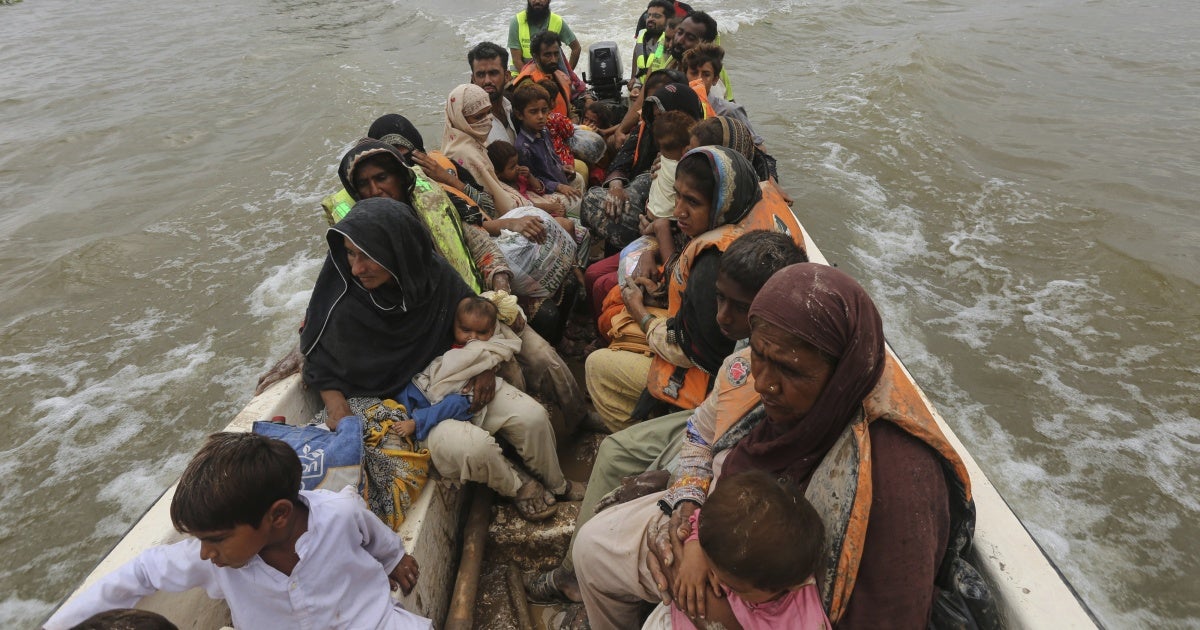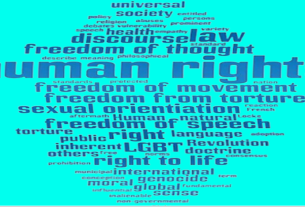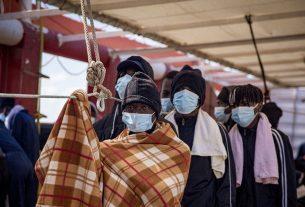Catastrophic floods from heavy rainfall in Pakistan this past week displaced at least four million people, destroyed thousands of acres of crops, and severely damaged critical infrastructure. At least 900 people died. Thousands of those displaced are in relief camps; many more lack shelter and are in dire need of assistance.
The loss of life, damage to buildings and infrastructure, and destruction of agriculture are the disastrous consequences of climate change coupled with unchecked development. Compounding the tragedy is the fact that this is just the latest in a string of failures by successive governments in Pakistan to enact needed reforms and policies to regulate development.
Floods caused by heavy rainfall events are expected to become more frequent and intense as climate change accelerates. Moreover, Pakistan is among the countries most vulnerable to the climate crisis, facing rates of warming considerably above the global average and frequent, extreme climate events. These events are particularly threatening for marginalized and at-risk populations. Pakistan’s 2022 floods affected 33 million people, caused 1,700 deaths, and inflicted billions of dollars in damages.
Unchecked development exacerbates these effects. One representative example is the Ravi Riverfront Urban Development Project, which the government launched in August 2020 to address Lahore’s many problems – pollution, sewage, water, housing, and employment – while reviving the city’s “lost glory.” The Pakistan government has a history of conducting poor quality environmental assessments for politically connected infrastructure projects. In this case, it ignored warnings by independent environmental activists and experts who called the project ecologically and financially unviable and argued that building barrages and other dams on the river and replacing farmland with paved concrete could swell water levels upstream and cause flooding. Today, most of the area earmarked for the project is submerged, along with parts of Lahore city itself.
Pakistan’s government has an international human rights obligation to prevent foreseeable harms, including from climate change and extreme weather events. It should provide assistance to communities already affected by the floods and take preventive measures to protect the most at-risk groups from such events in the future. Without enforcing meaningful environmental protections alongside climate adaptation and mitigation efforts, Pakistan’s vulnerable communities will remain at risk of preventable displacement and worse.



